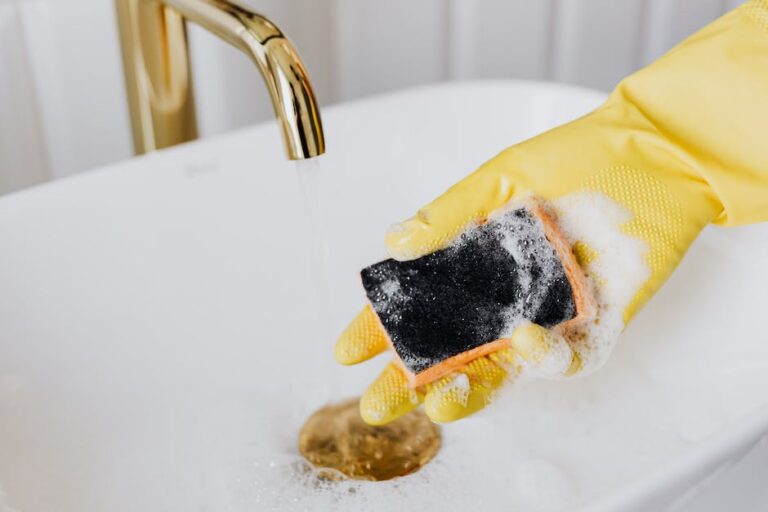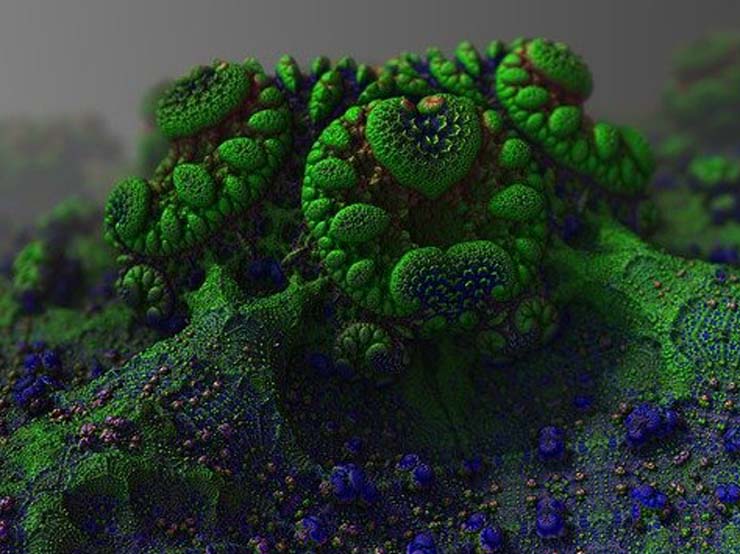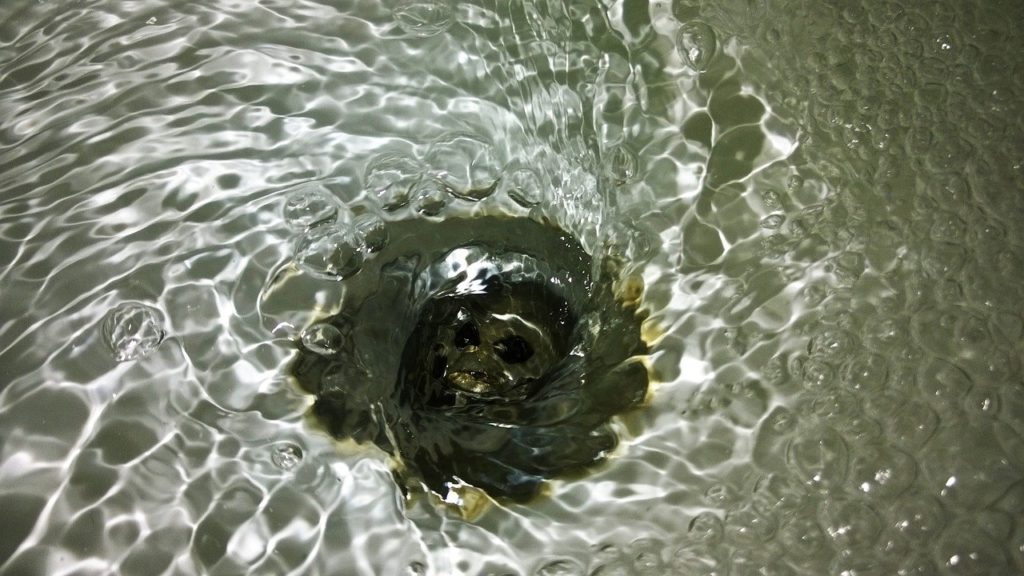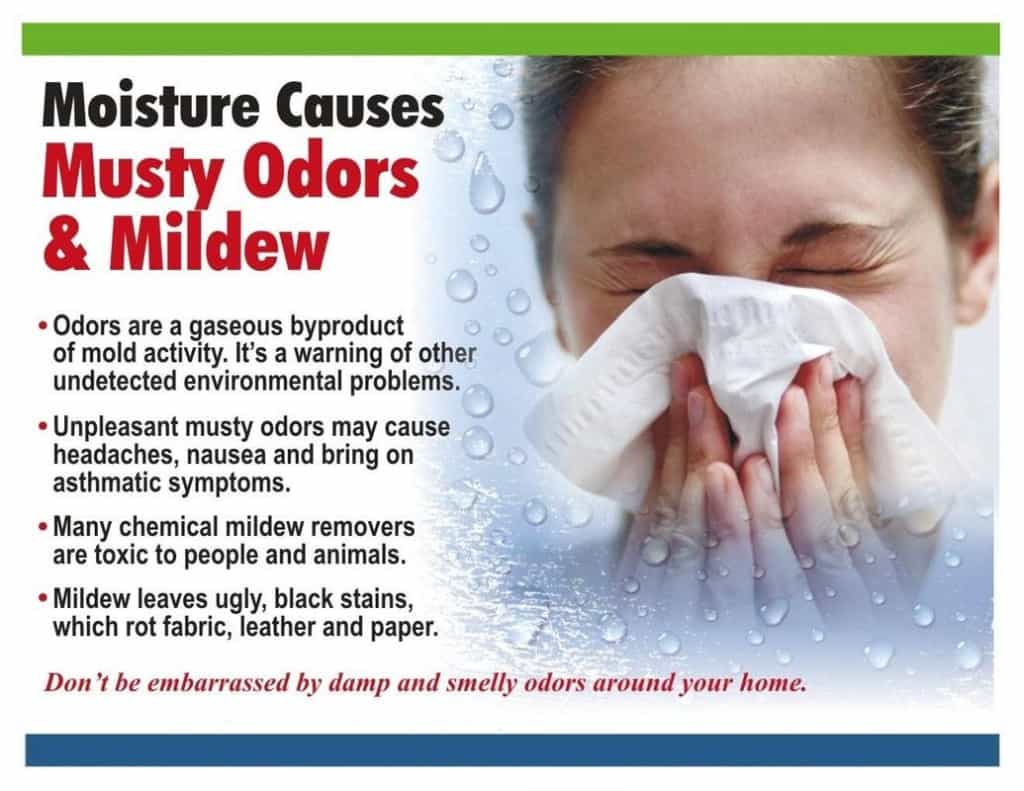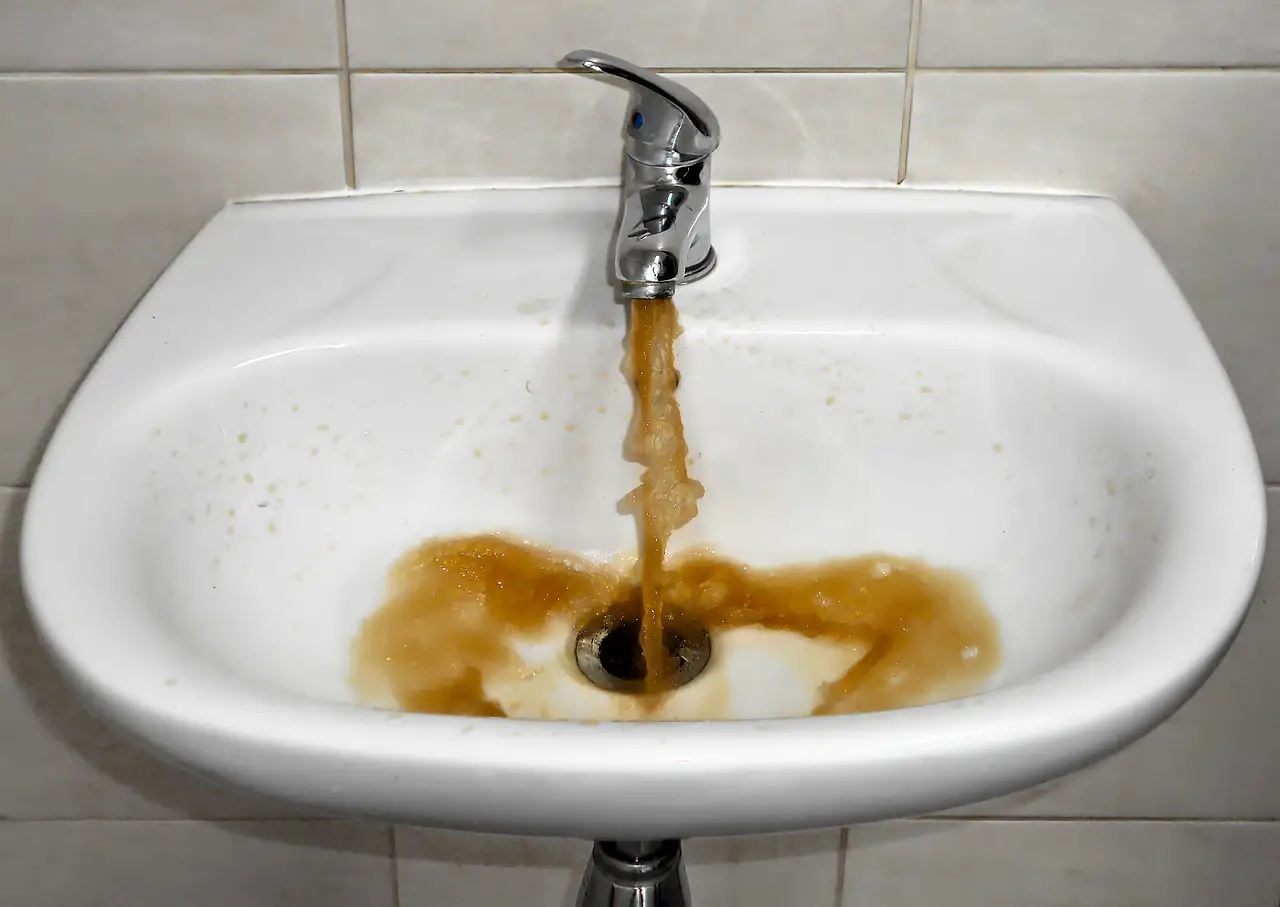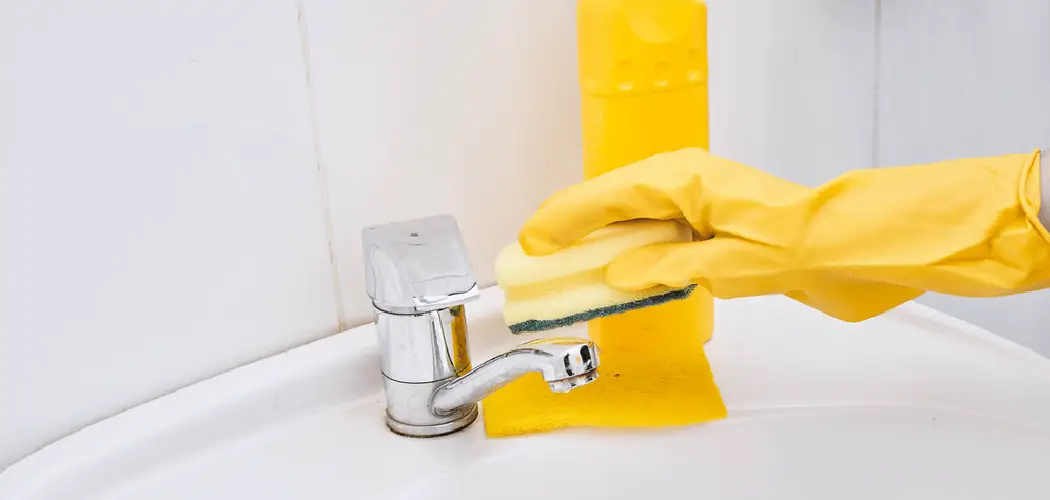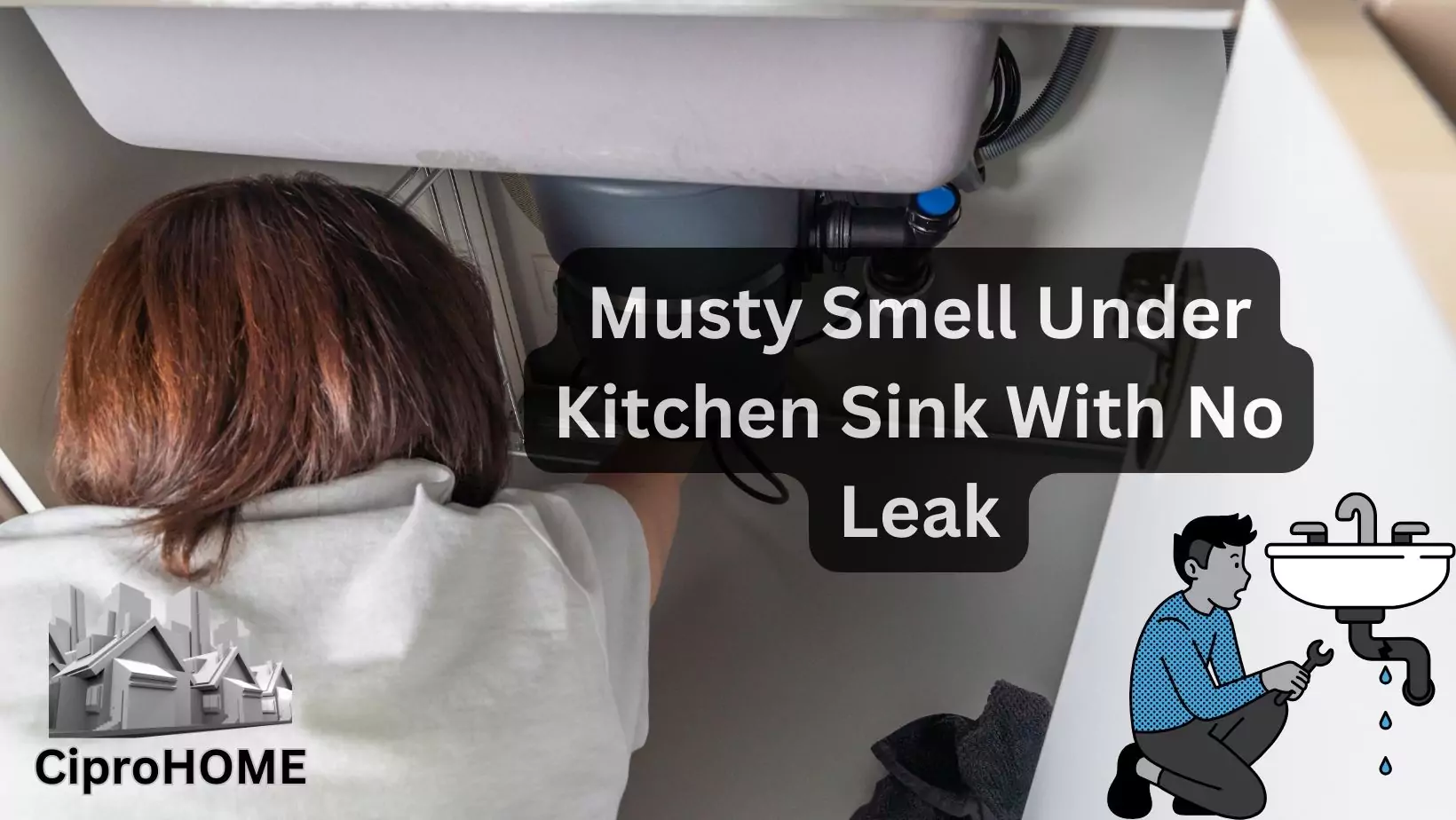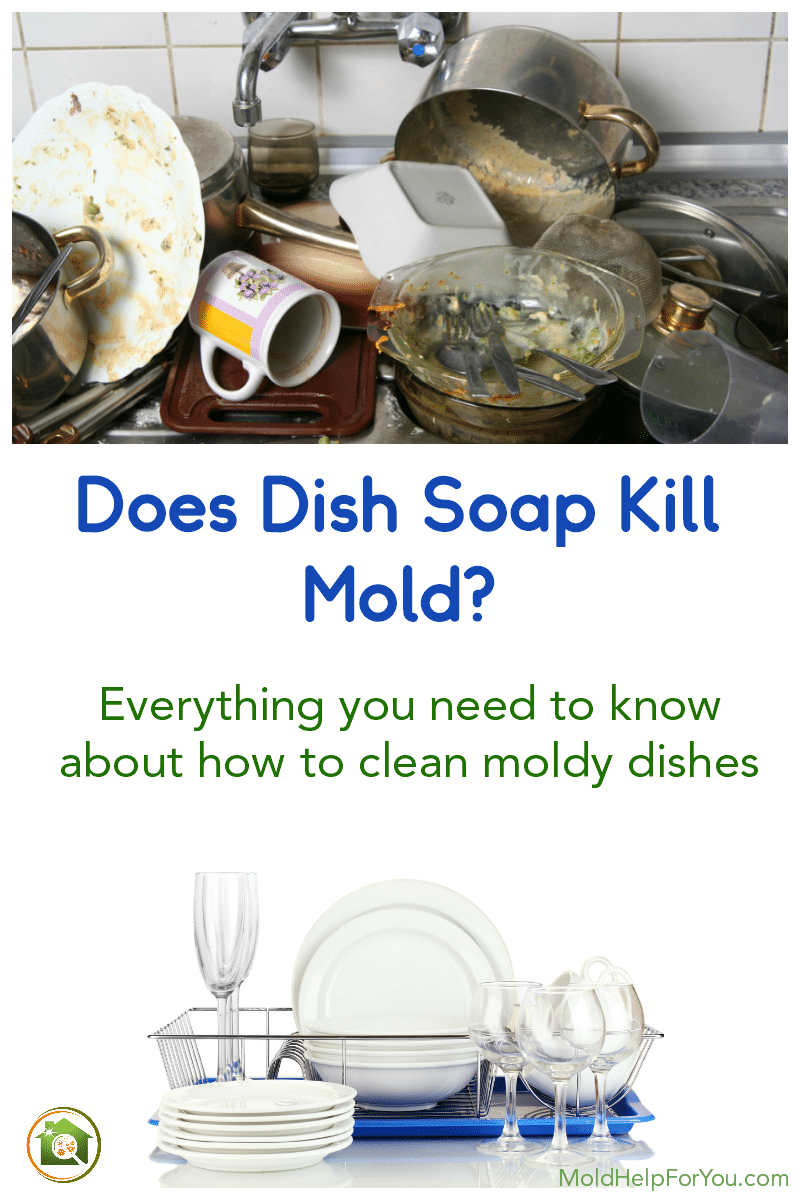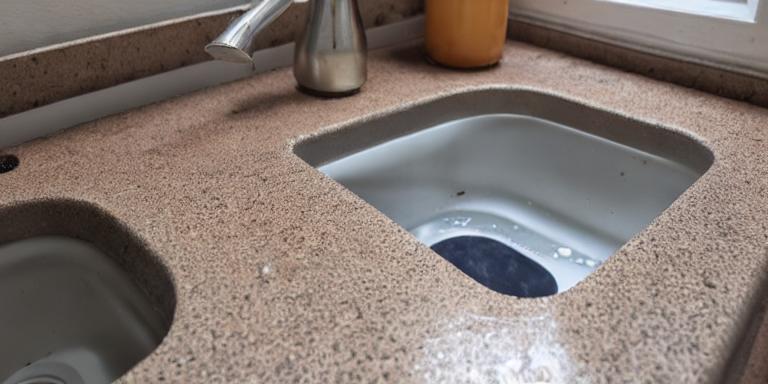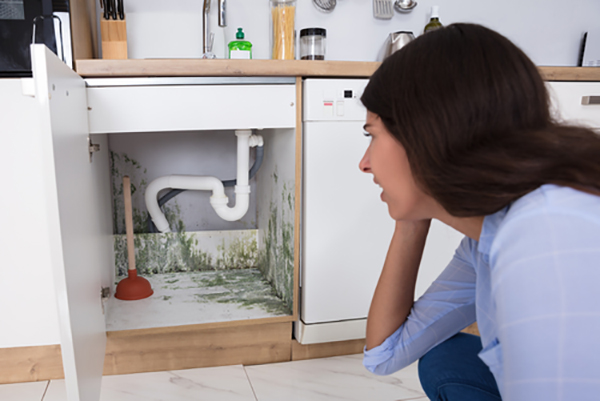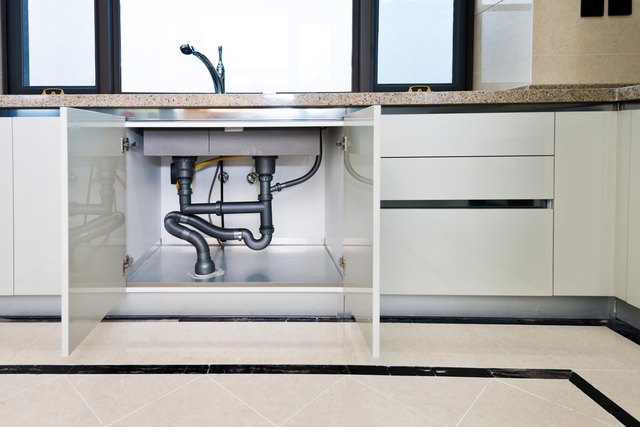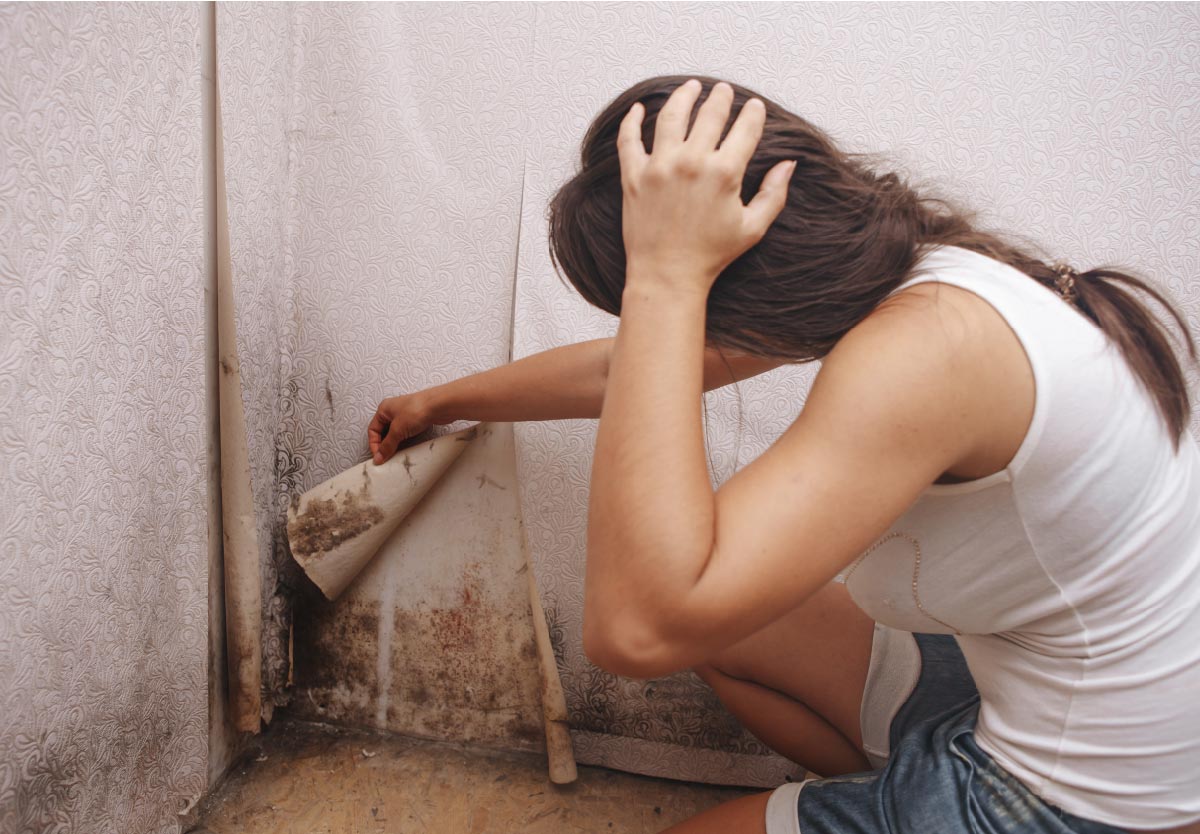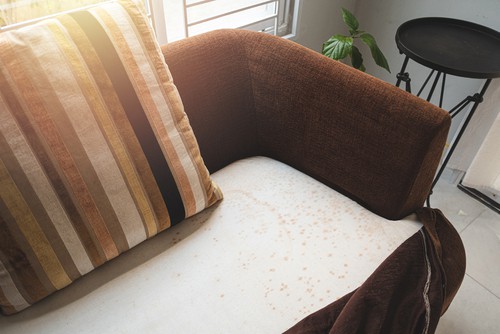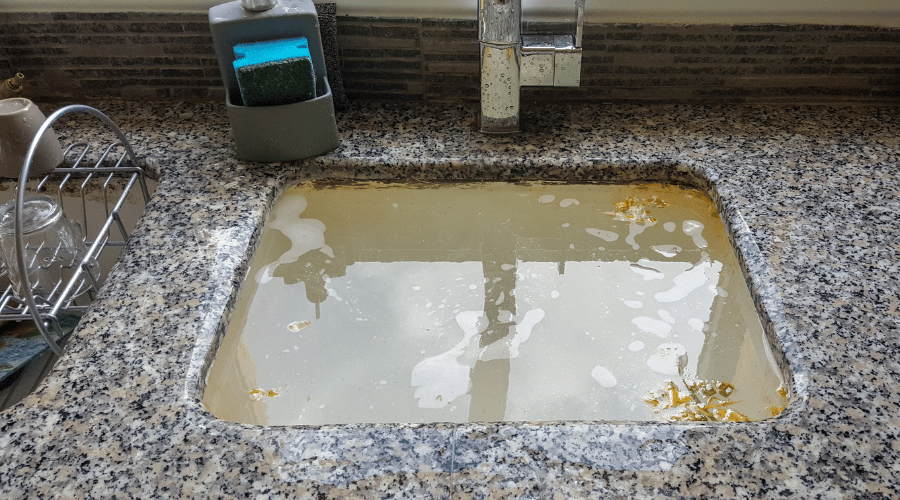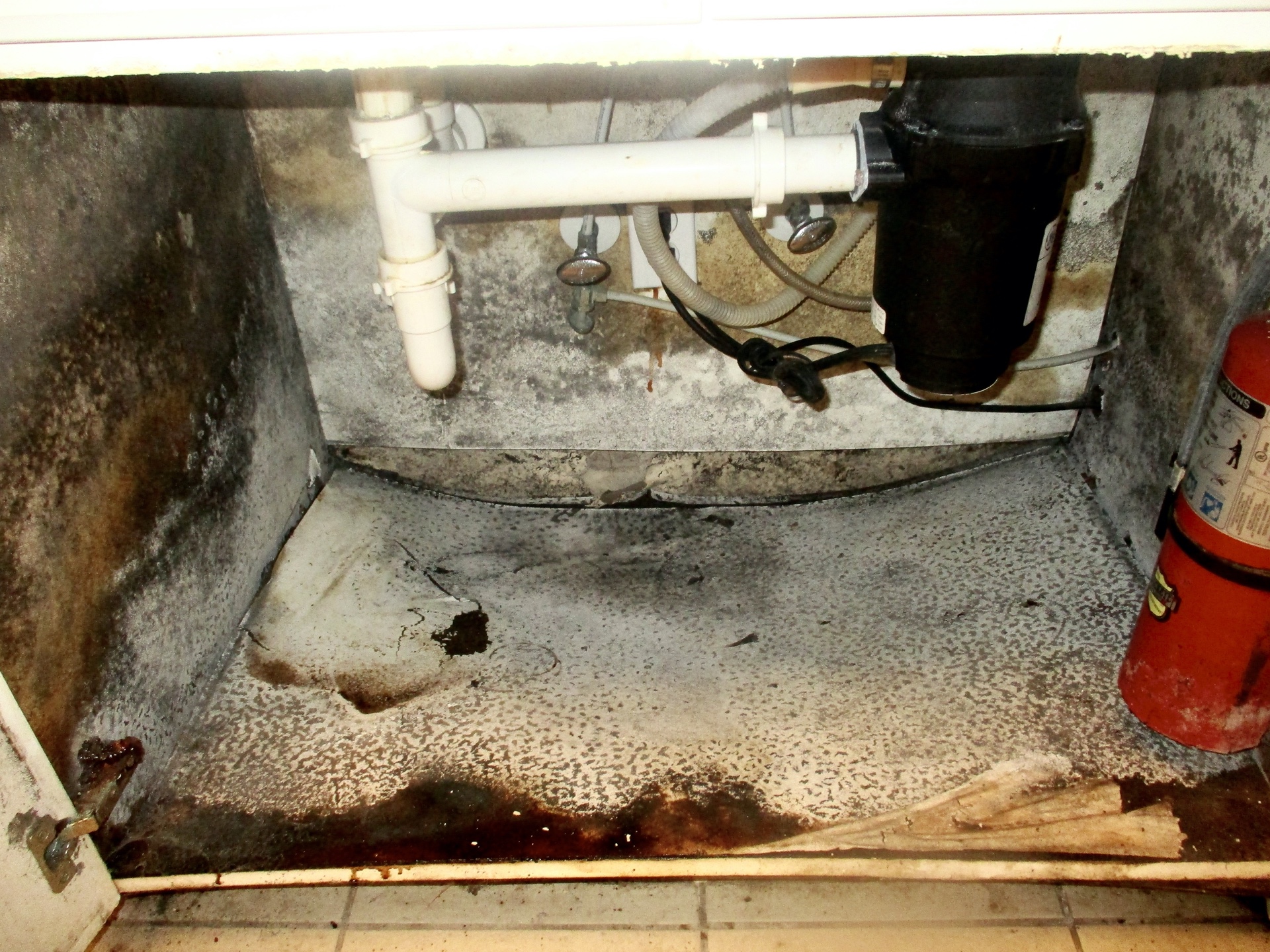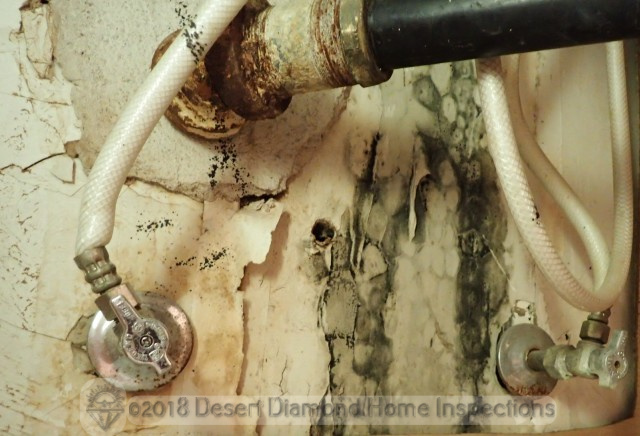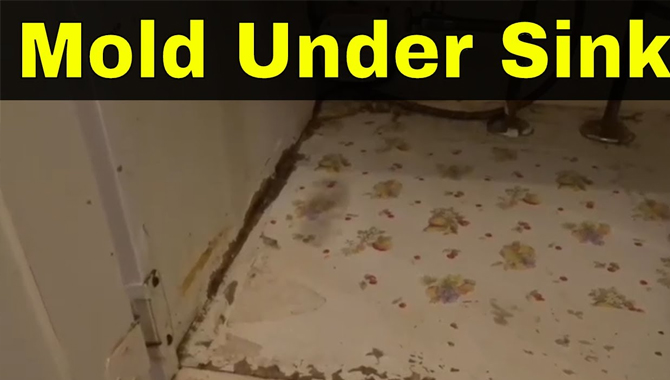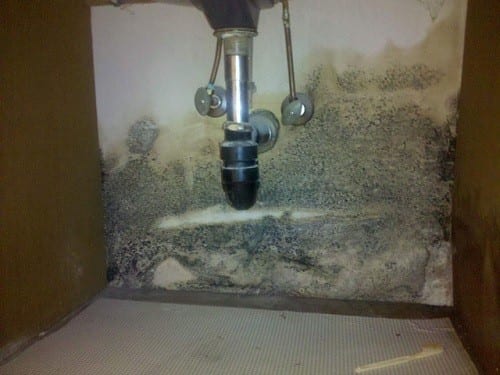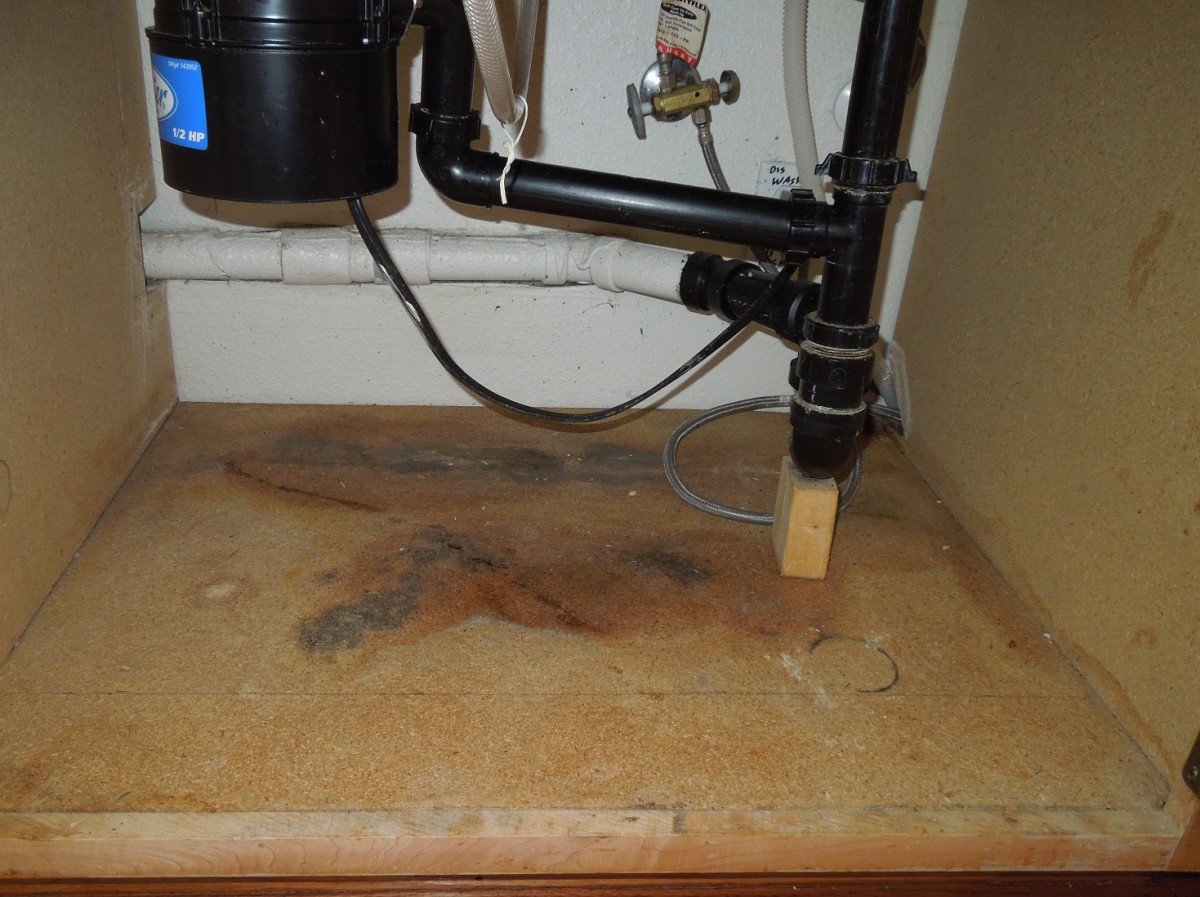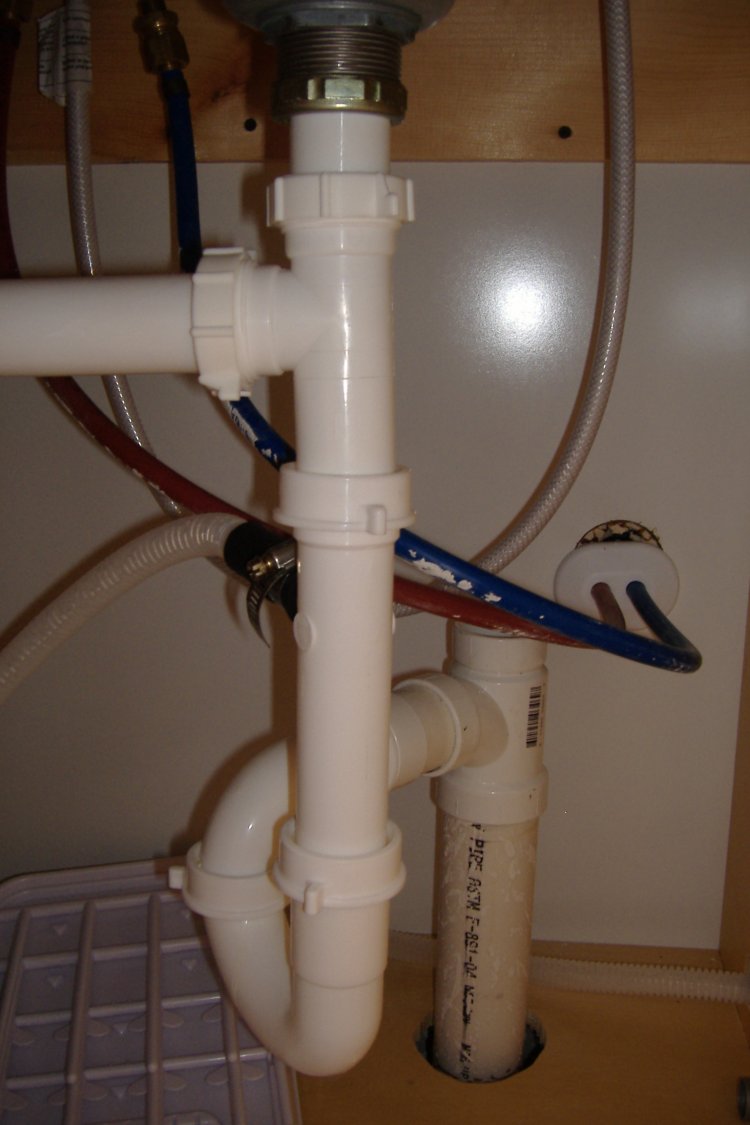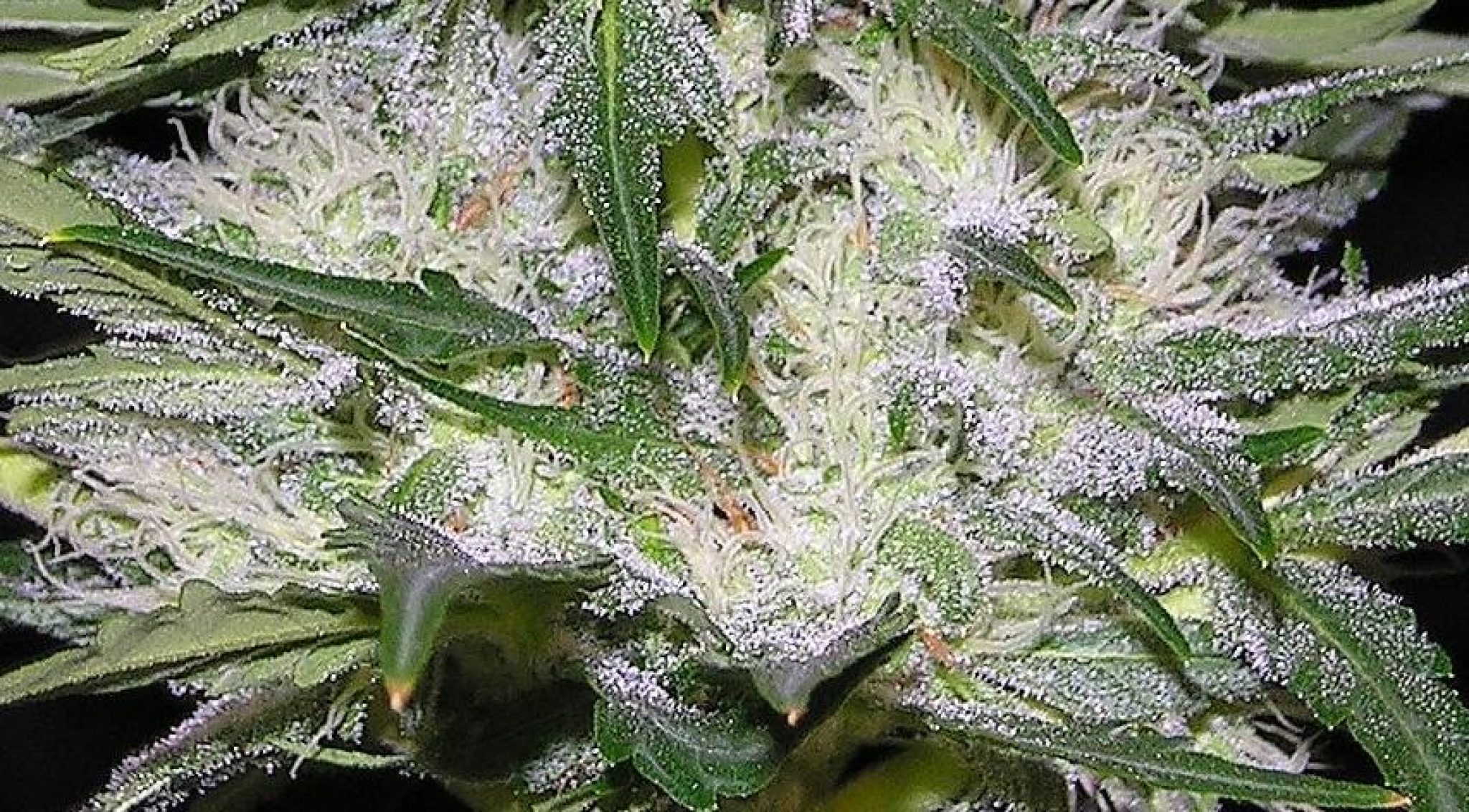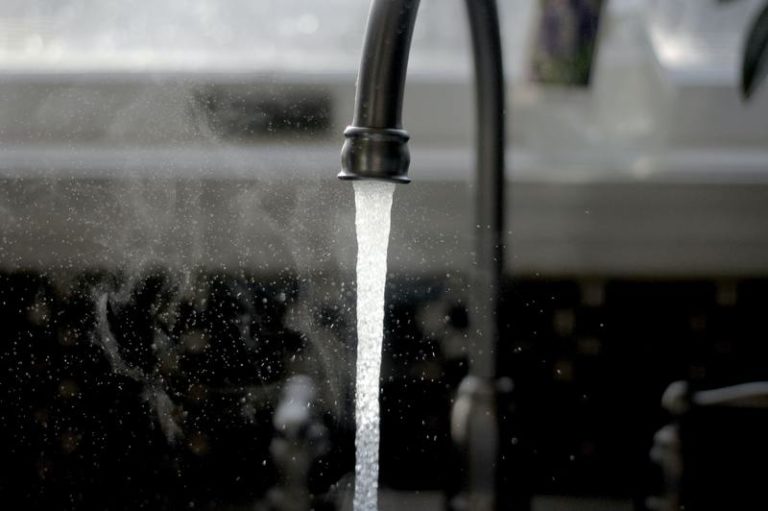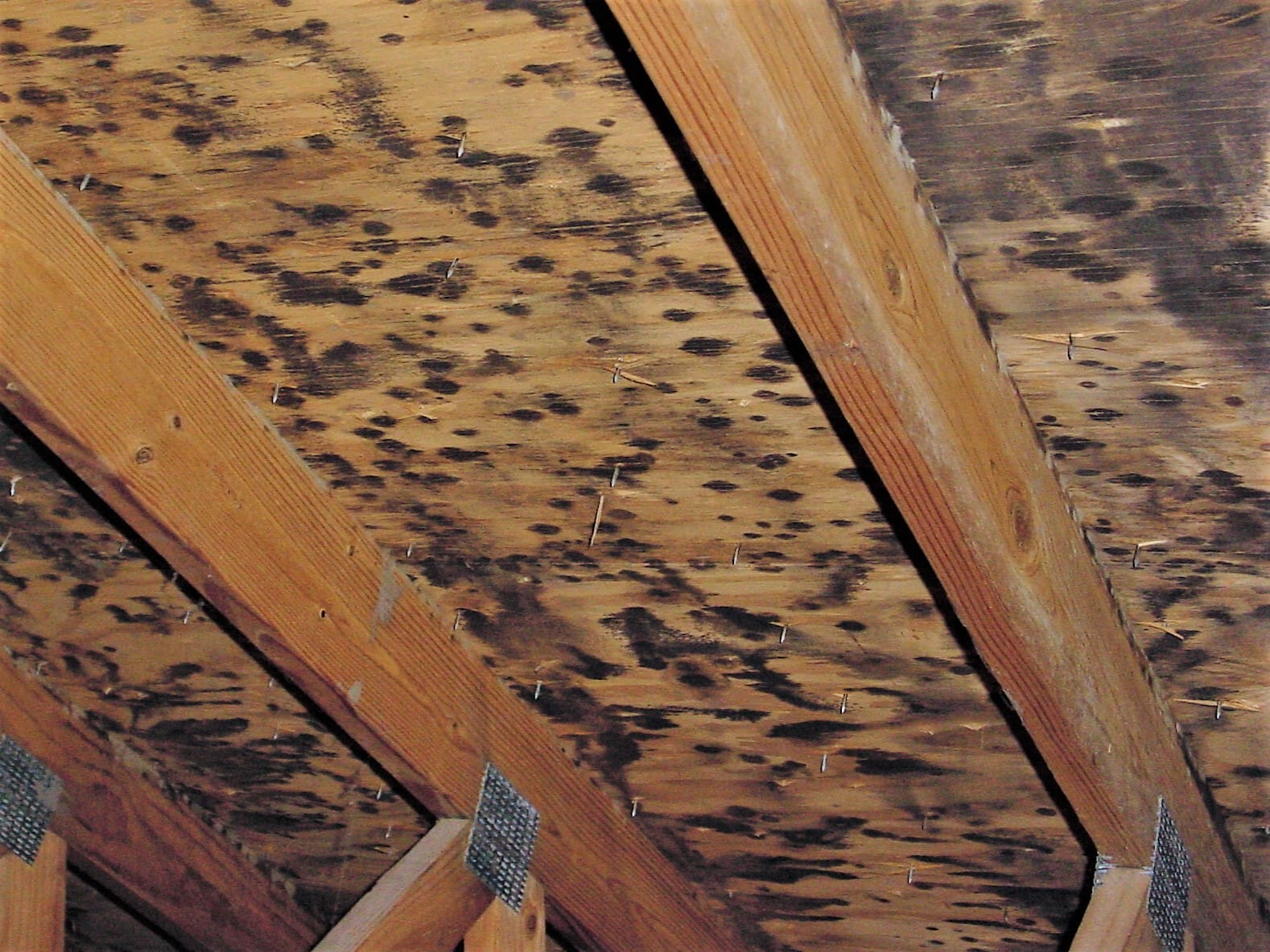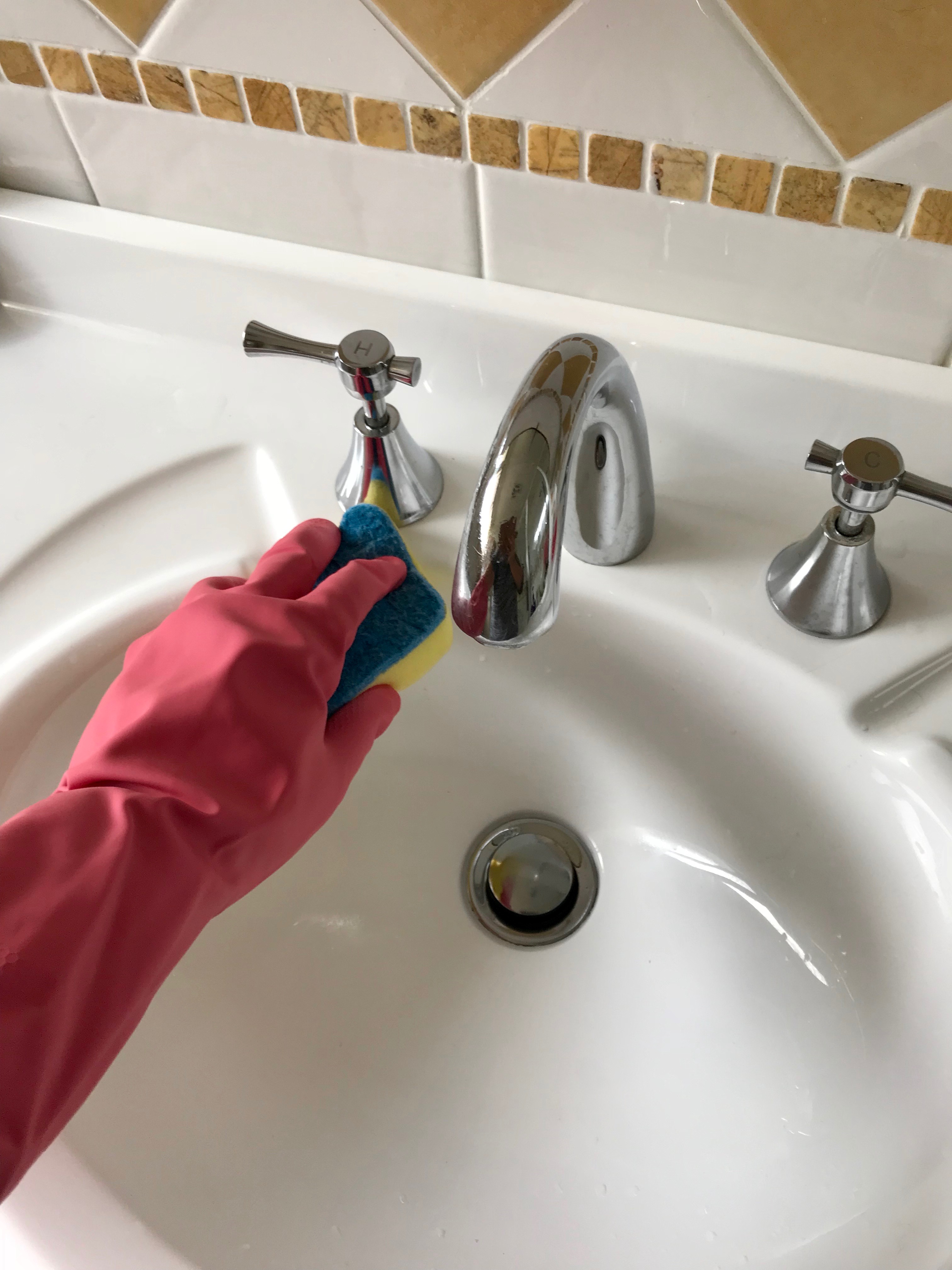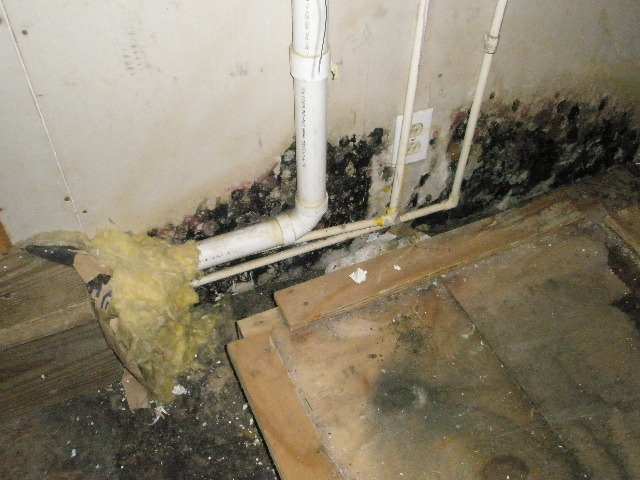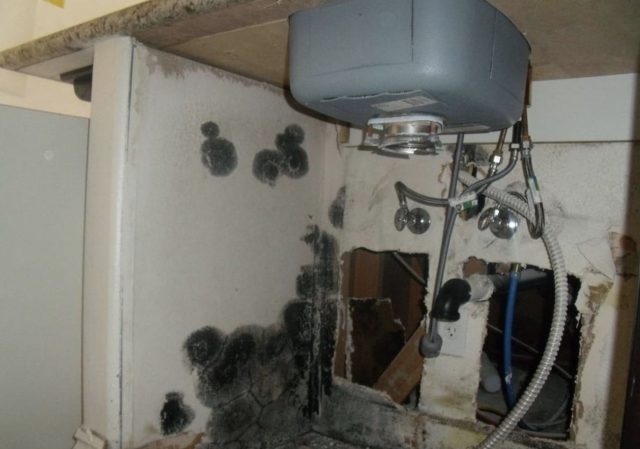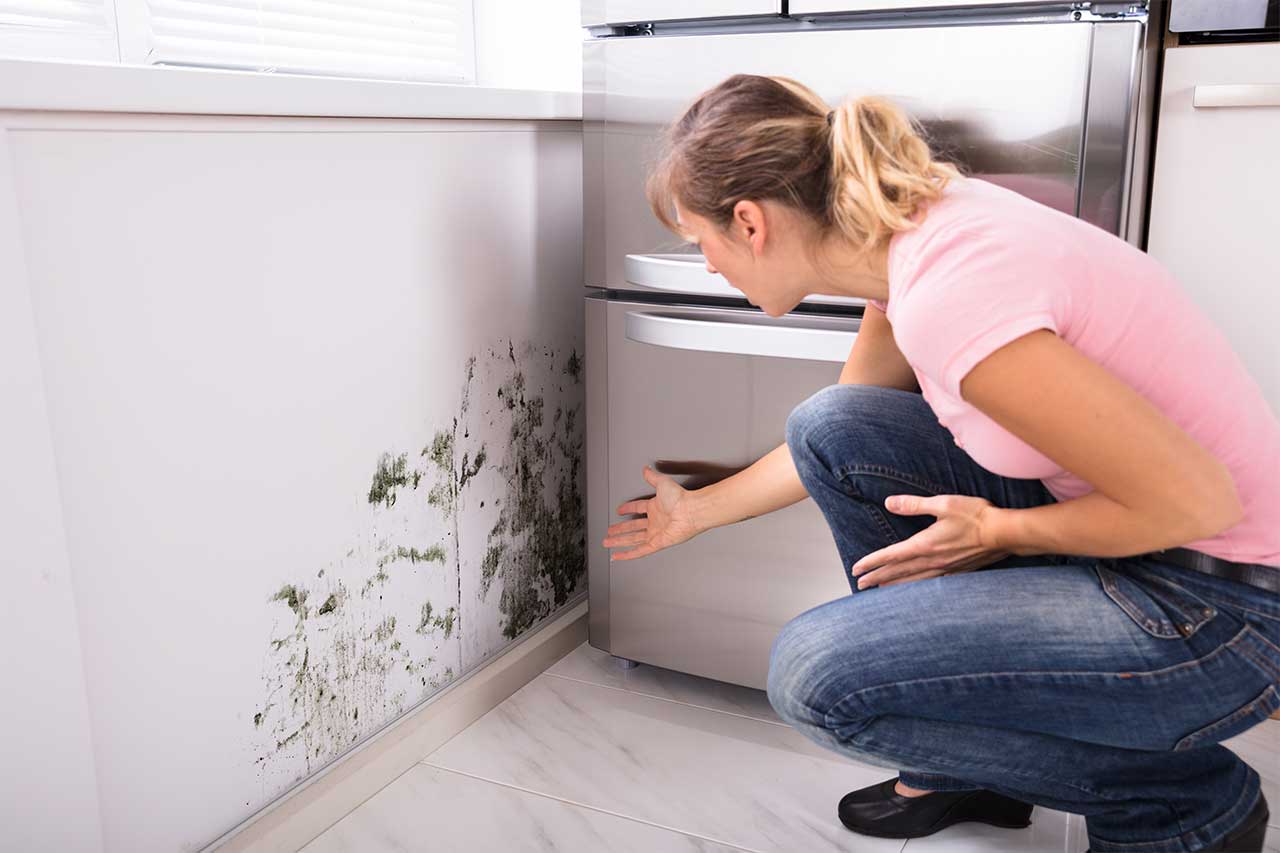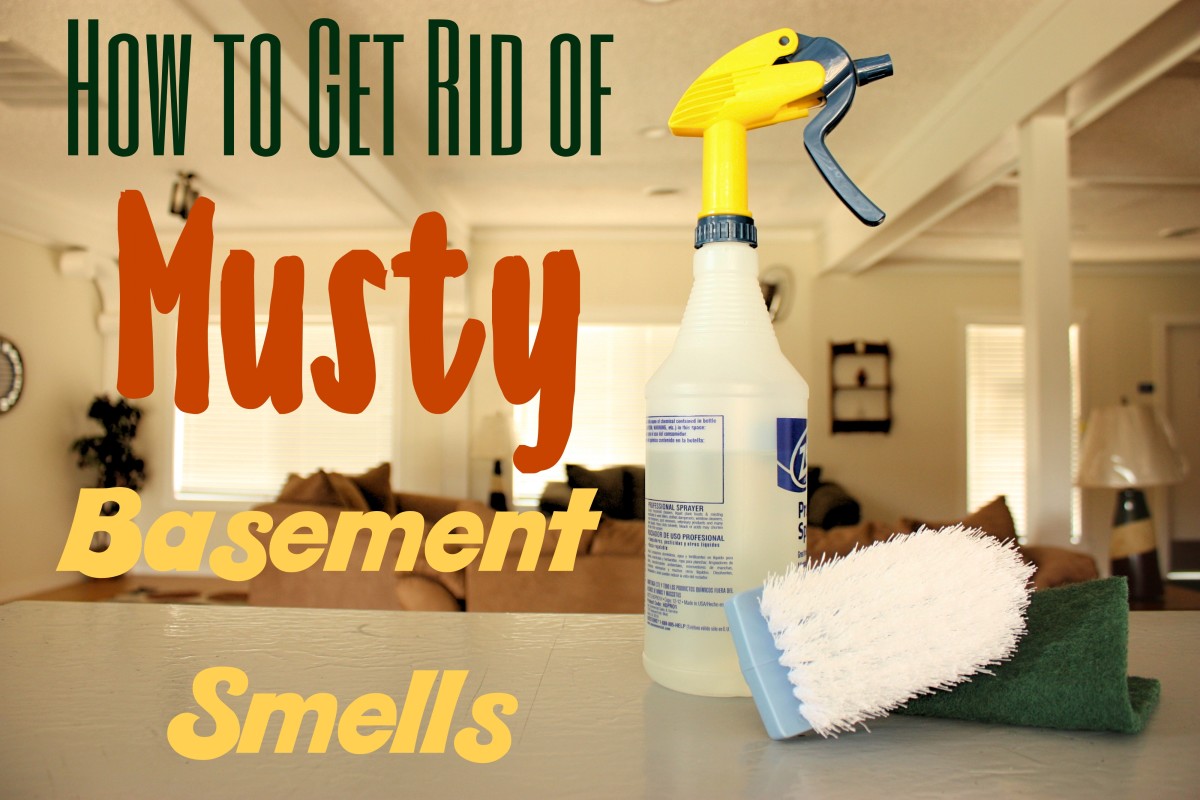How to Get Rid of a Musty Smell Under the Sink
If you've noticed a strong musty smell coming from under your kitchen sink, you're not alone. This is a common problem that many homeowners face, and it can be caused by a variety of factors. Fortunately, there are several steps you can take to get rid of the odor and prevent it from coming back. In this article, we'll discuss some effective methods for eliminating a musty smell under the sink and keeping your kitchen smelling fresh.
Causes of a Musty Smell Under the Sink
Before we dive into solutions, it's important to understand the potential causes of a musty smell under the sink. One of the most common culprits is mold growth. Moisture from leaking pipes or a buildup of condensation can create the perfect environment for mold to thrive. Other factors that can contribute to a musty smell under the sink include stagnant water, food debris, and inadequate ventilation.
How to Clean Mold Under the Sink
If you suspect that mold is the cause of the musty smell under your sink, it's crucial to address it immediately. Mold can spread quickly and cause health issues, so it's important to take action as soon as possible. To clean mold from under your sink, first, make sure to wear protective gear, such as gloves and a mask, to avoid inhaling spores. Then, use a solution of equal parts water and white vinegar to scrub the affected area. You can also use a commercial mold cleaner if the mold is particularly stubborn.
DIY Solutions for a Moldy Smell Under the Sink
In addition to cleaning mold, there are several DIY solutions you can try to eliminate a musty smell under the sink. One option is to sprinkle baking soda on the affected area and let it sit for a few hours before wiping it away with a damp cloth. You can also create a mixture of lemon juice and water and spray it on the moldy area to help neutralize the odor. Another effective solution is to place a bowl of activated charcoal under the sink to absorb any lingering odors.
Preventing a Musty Smell Under the Sink
Once you've successfully eliminated the musty smell under your sink, it's important to take steps to prevent it from returning. Regularly inspect your pipes and fix any leaks or moisture issues as soon as possible. Keep the area under your sink clean and dry, and make sure to regularly wipe down the pipes and other components. You can also use a dehumidifier in your kitchen to help reduce moisture levels and prevent mold growth.
Signs of Mold Under the Sink
In addition to a musty smell, there are other signs that mold may be growing under your kitchen sink. These include discoloration or dark spots on the walls or cabinets, a slimy or fuzzy texture, and an increase in respiratory symptoms such as coughing or sneezing. If you notice any of these signs, it's important to address the issue as soon as possible to prevent further mold growth.
Removing Mold from Under the Sink
If you've discovered mold under your sink, it's crucial to remove it completely to prevent it from spreading. In addition to cleaning the affected area, you may need to replace any damaged materials, such as drywall or cabinets. It's also important to address the source of the moisture to prevent mold from coming back. If the mold is extensive, it's best to call a professional mold remediation service to ensure it is safely and thoroughly removed.
Common Causes of a Moldy Smell Under the Sink
In addition to mold, there are other common causes of a moldy smell under the sink. These include food debris and stagnant water. To prevent these issues, make sure to regularly clean out your sink and dispose of any food waste properly. You should also check for and fix any plumbing issues that could be causing standing water under the sink.
How to Identify and Fix a Mold Problem Under the Sink
Identifying and fixing a mold problem under the sink can be a daunting task, but it's essential for the health and safety of your household. If you're unsure whether you have a mold problem, it's best to err on the side of caution and consult a professional. They can perform a thorough inspection and provide recommendations for remediation. If you do have mold, it's crucial to address the issue promptly to prevent it from spreading and causing potential health issues.
Natural Remedies for a Musty Smell Under the Sink
If you prefer to use natural remedies to get rid of a musty smell under the sink, there are several options you can try. As mentioned earlier, baking soda and activated charcoal are effective for absorbing odors. You can also use essential oils, such as tea tree or eucalyptus, to help eliminate mold and freshen the air. Simply mix a few drops with water and spray the affected area.
In conclusion, a musty smell under the sink is a common issue that can be caused by various factors. By understanding the causes and taking proactive steps to prevent and address them, you can keep your kitchen smelling fresh and free of mold. Whether you choose to use DIY solutions or seek professional help, it's essential to take action as soon as possible to avoid further problems. With these tips, you can say goodbye to a musty smell under your kitchen sink for good.
How to Get Rid of the Moldy Smell Under Your Kitchen Sink

The Importance of a Mold-Free Kitchen
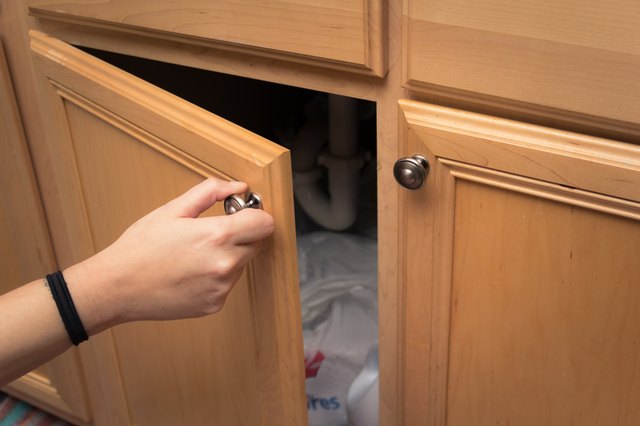 A kitchen is often considered the heart of a home and is where families spend a significant amount of time cooking, eating, and bonding. However, if there is a moldy smell emanating from under your kitchen sink, it can be a major cause of concern. Not only does it create an unpleasant odor, but it can also lead to health problems and damage to your home. Therefore, it is crucial to address the issue promptly and take necessary steps to get rid of the moldy smell.
A kitchen is often considered the heart of a home and is where families spend a significant amount of time cooking, eating, and bonding. However, if there is a moldy smell emanating from under your kitchen sink, it can be a major cause of concern. Not only does it create an unpleasant odor, but it can also lead to health problems and damage to your home. Therefore, it is crucial to address the issue promptly and take necessary steps to get rid of the moldy smell.
Identifying the Source of the Moldy Smell
Cleaning and Disinfecting the Area
 Once you have identified the source of the moldy smell, it's time to clean and disinfect the area. Start by removing any items stored under the sink and thoroughly wiping down all surfaces with a mixture of
water and vinegar
. This will help to kill any mold spores and eliminate the musty odor. You can also use a
mold and mildew cleaner
to target stubborn areas. Be sure to wear gloves and a mask while cleaning to avoid direct contact with mold spores.
Once you have identified the source of the moldy smell, it's time to clean and disinfect the area. Start by removing any items stored under the sink and thoroughly wiping down all surfaces with a mixture of
water and vinegar
. This will help to kill any mold spores and eliminate the musty odor. You can also use a
mold and mildew cleaner
to target stubborn areas. Be sure to wear gloves and a mask while cleaning to avoid direct contact with mold spores.
Fixing Plumbing Leaks
 In some cases, the moldy smell may be a result of a plumbing leak under your sink. Check for any signs of water damage or leaks from pipes, faucets, or drains. If you find any, it's essential to fix them immediately to prevent further mold growth. You may need to call a professional plumber to address the issue properly.
In some cases, the moldy smell may be a result of a plumbing leak under your sink. Check for any signs of water damage or leaks from pipes, faucets, or drains. If you find any, it's essential to fix them immediately to prevent further mold growth. You may need to call a professional plumber to address the issue properly.
Preventing Future Mold Growth
Conclusion
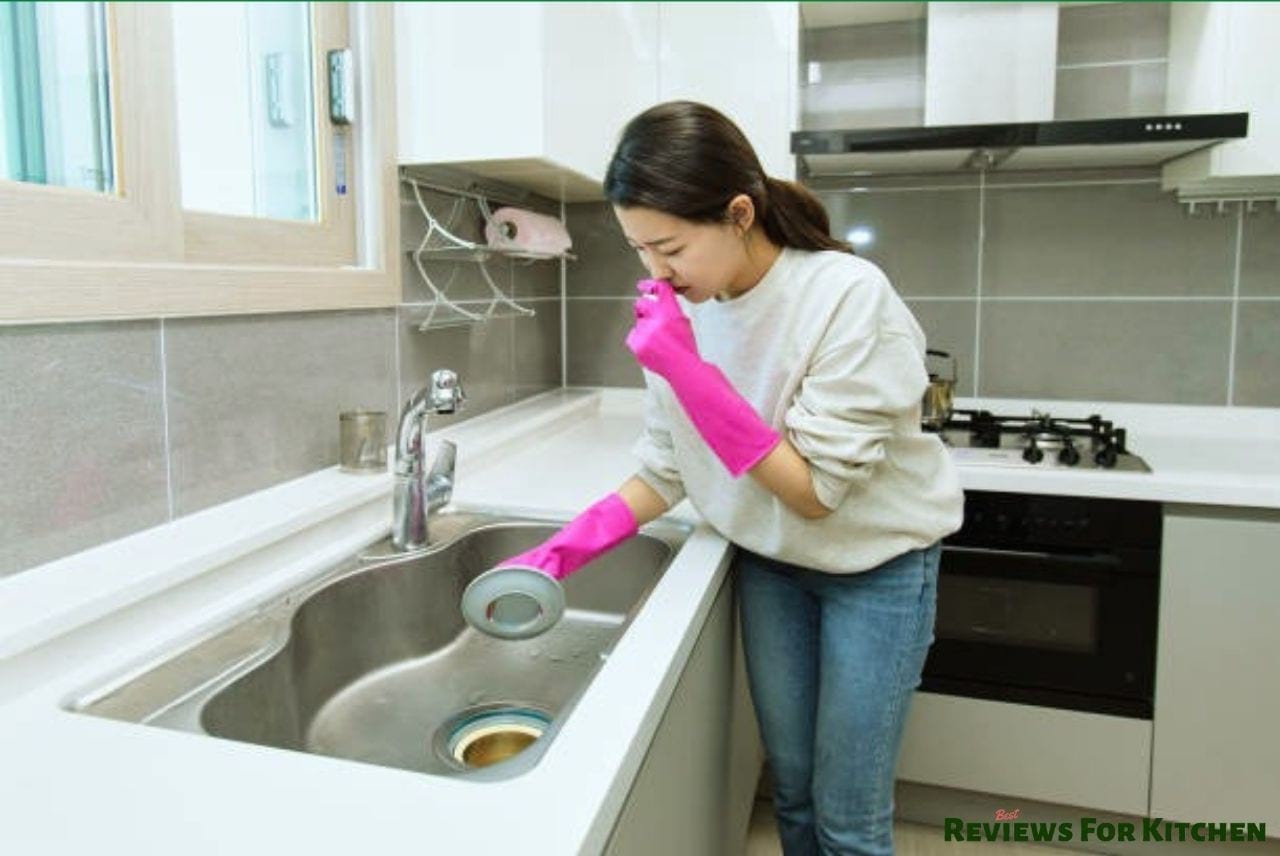 A moldy smell under your kitchen sink is not only unpleasant but also a potential danger to your health and home. By following these steps, you can effectively get rid of the moldy smell and prevent it from returning in the future. Remember to regularly check and clean the area under your sink to maintain a mold-free kitchen and a healthy living environment.
A moldy smell under your kitchen sink is not only unpleasant but also a potential danger to your health and home. By following these steps, you can effectively get rid of the moldy smell and prevent it from returning in the future. Remember to regularly check and clean the area under your sink to maintain a mold-free kitchen and a healthy living environment.



